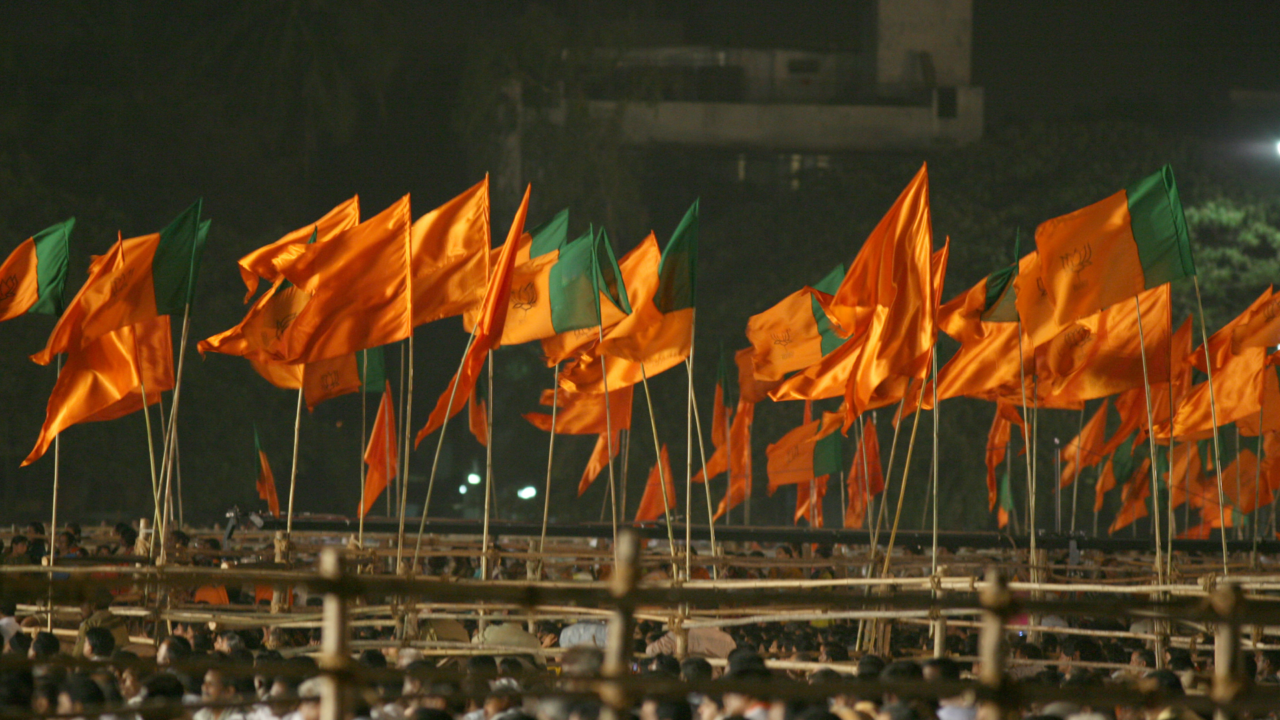As India gears up for elections, BJP is using the media and AI to amplify its messaging and sway public opinion, raising concerns about the integrity of the electoral process.
In a bold move, the BJP has embraced political satire, crafting viral video campaigns that mock and caricature its opponents.
The viral “Dulha Kaun Hai?” (Who’s the Groom) ad, created by political consultancy firm Varahe Analytics, took a humorous jab at the INDIA alliance (a political alliance of the Opposition parties for the 2024 Lok Sabha Elections), portraying its leaders as indecisive and directionless.
This strategy resonates with a younger, social media-savvy demographic, effectively humoring the opposition’s credibility through humor.
The advent of OpenAI’s GPT store has opened up new avenues for political consultancies to generate innovative campaign ideas.
As demonstrated by the “Election Pundit” chatbot’s ability to generate ad premises mocking the INDIA alliance, AI is poised to play a pivotal role in shaping future electoral narratives.
With AI-powered tools at their disposal, parties can rapidly generate and test various campaign concepts, tailoring their messaging to resonate with specific demographic groups.
However, the use of AI in political campaigns raises ethical concerns.
Critics argue that AI-generated content could perpetuate biases, spread misinformation, and manipulate public opinion on a massive scale, undermining the principles of a fair and transparent democratic process.
There are also concerns about the potential for AI systems to be trained on data that reflects societal biases and prejudices, leading to the amplification of harmful stereotypes and narratives.
Silencing dissent through takedown requests
While leveraging media for its gain, the BJP has also taken measures to curtail the opposition’s voice.
Recent incidents of social media platforms like X (formerly Twitter) and YouTube complying with takedown requests from the Election Commission and the government have raised concerns about free speech suppression.
According to reports, X removed posts from parties like Aam Aadmi Party, YSRCP, and Telugu Desam Party, citing violations of the Model Code of Conduct.
Meanwhile, the Union government ordered YouTube to remove the channel of the digital news portal National Dastak, which boasts over 9 million subscribers and claims to be a voice for marginalized communities.
These actions have drawn criticism from civil society organizations and free speech advocates, who argue that such measures stifle healthy political discourse and deprive citizens of access to diverse perspectives during crucial electoral periods.
They argue that the Model Code of Conduct should not be used as a tool to suppress legitimate political speech and dissent, which are essential components of a thriving democracy.




















